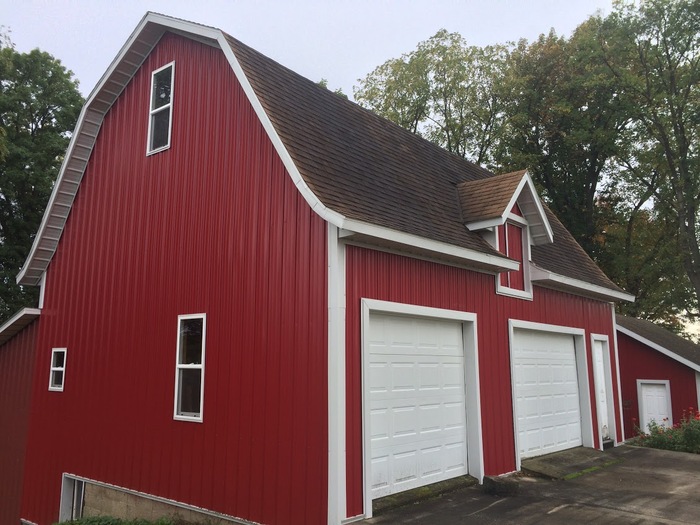
Winter is a tough time for everyone. Horses and other livestock need protection from the elements, just as humans do. It’s fairly simple to winterize your barn for lower temperatures and flying snow by following these eight steps from Milmar:
Check stalls and pens for safety hazards. In all likelihood, your animals will spend more time indoors during the winter. The first thing you should do is prepare their living areas to prevent injury. Loose boards, protruding nails, broken equipment, and uneven flooring all pose potential risks.
Check the ventilation. Even though you need to keep the heat inside, ventilation is crucial to the health of your animals. Adding bars or mesh partitions to doors and windows allows the air to flow without putting your animals at risk.
Install stall mats. These rubber coverings protect your floors and your animals. They enable you to use less bedding, which reduces energy use and saves money during the cold months. Stall mats make cleaning easier, too, which in turn keeps the ammonia levels under control.
Utilize automatic waterers. These devices keep a steady current flowing so your animals’ water doesn’t freeze. They hook up to a water hose, so you don’t have to drag frozen coils along the barn. Some models are even heated, offering water at a temperature that’s more comfortable to your animals.
Ensure that you have enough bedding. It can be difficult and more expensive to find proper bedding in the dead of winter. Calculate your average usage but buy more than you’ll need, so you can keep your animals comfortable during their extended indoor stay.
Stock up on hay. Like bedding, feed is more expensive and harder to find during winter. Store enough to keep your animals fed until the warmer weather – you’ll save time and money.
Clean the barn to reduce fire hazards. Cobwebs, dust, hay particles, and loose hair all burn easily. Give your barn a once-over before the temperatures drop so you can keep your animals safe.
Check the lights. The sun rises later and sets earlier in the winter, so you need lots of artificial light. Make sure that you replace all blown bulbs and keep extra ones on hand. Now is also a good time to fix wiring issues.
Your barn is important for the safety of your animals, and it needs proper attention too. Follow these steps and you and your animals will have a happier, healthier winter.